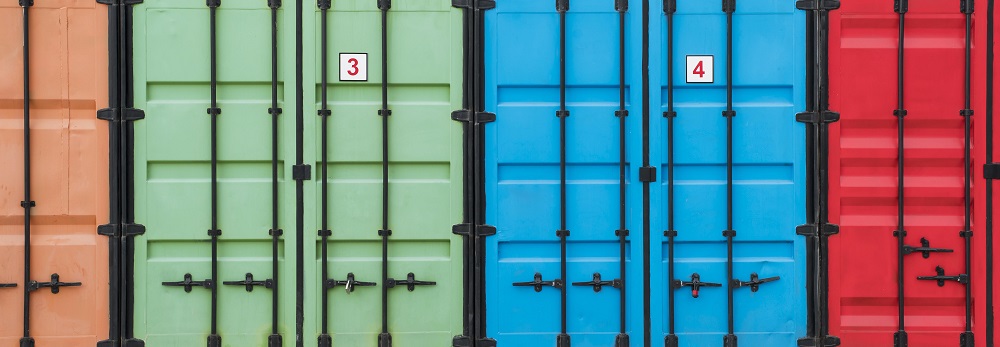
The Significance Of Container Seals In Enhancing Security And Effectiveness
Providing security, accountability, and efficiency in the global transit of products, container seals are a crucial part of the shipping and logistics industries. These seals are essential for protecting priceless goods, preventing theft, assuring legal compliance, and preserving the integrity of supply networks. In this blog article, we’ll look at the importance of container seals, their many kinds, advantages, and technological breakthroughs that have completely changed the market.
Container Seals: What Are They?
Mechanical or electrical devices called container seals are used to lock down shipping containers while they are in transit. They are used on container doors to prevent unauthorised entry, tampering, and theft. Seals on containers act as a visible indicator of a container’s integrity, assuring that the contents have not been tampered with or altered during transit. In order to provide longevity and resistance to tampering, these seals are often composed of high-strength materials like metal, plastic, or cable.

The Advantages Of Container Seals
Safety And Preventing Theft:
Seals on containers serve as a barrier to theft, looting, and unauthorised access. They guarantee the integrity of the products during transit by giving a clear sign of tampering. Seals with distinctive identifying numbers aid in the tracking and tracing of containers, making it simpler to spot any security lapses.
Regulatory Conformity:
Seals on containers are essential for adhering to international commerce and customs laws. They aid in ensuring customs rules are followed, protect against smuggling, and preserve the integrity of commodities along the supply chain.
Integrity Of The Supply Chain:
Companies may improve the overall integrity of their supply networks by employing container seals. Seals offer accountability and transparency, lowering the possibility of product forgery, replacement, or contamination.
Efficiency In Operations:
Effective container sealing procedures simplify logistical processes. Time and resources are saved by using electronic sealing and seals that are simple to apply and remove. Electronic seals’ real-time tracking and monitoring capabilities help with increased supply chain visibility and improved route planning.

Innovations In Container Seal Technology:
Due to the demand for improved security and supply chain optimisation, container seal technology has evolved dramatically.
Some Significant Developments Include:
GPS-compatible E-Seals:
GPS-enabled electronic seals allow for real-time tracking and monitoring of container locations, lowering the possibility of loss and increasing delivery precision.
Integration Of Sensors:
Modern container seals have sensors to keep an eye on things like humidity, shock, and vibration. These sensors support the upkeep of delicate or temperature-sensitive products’ quality and integrity.
